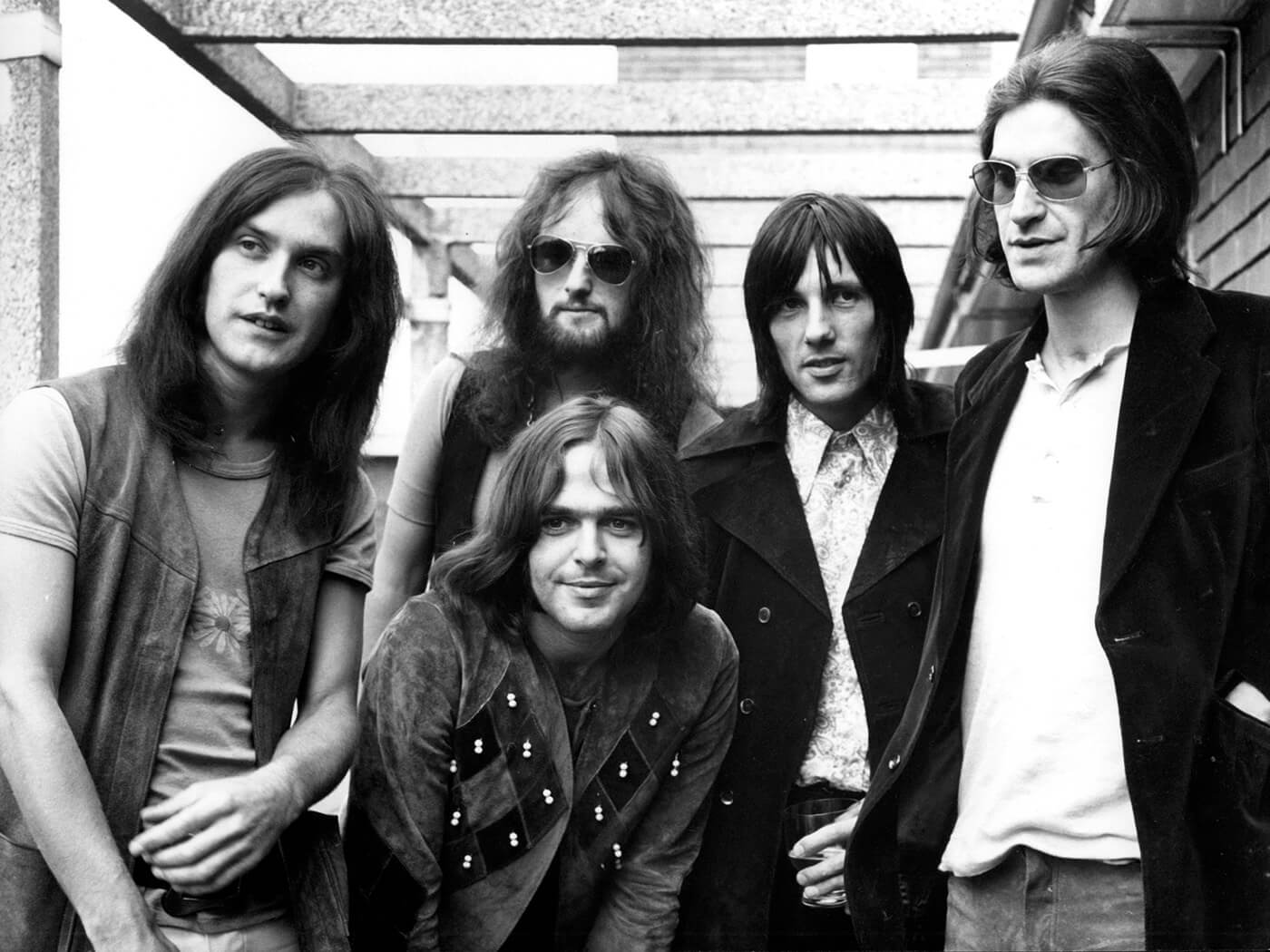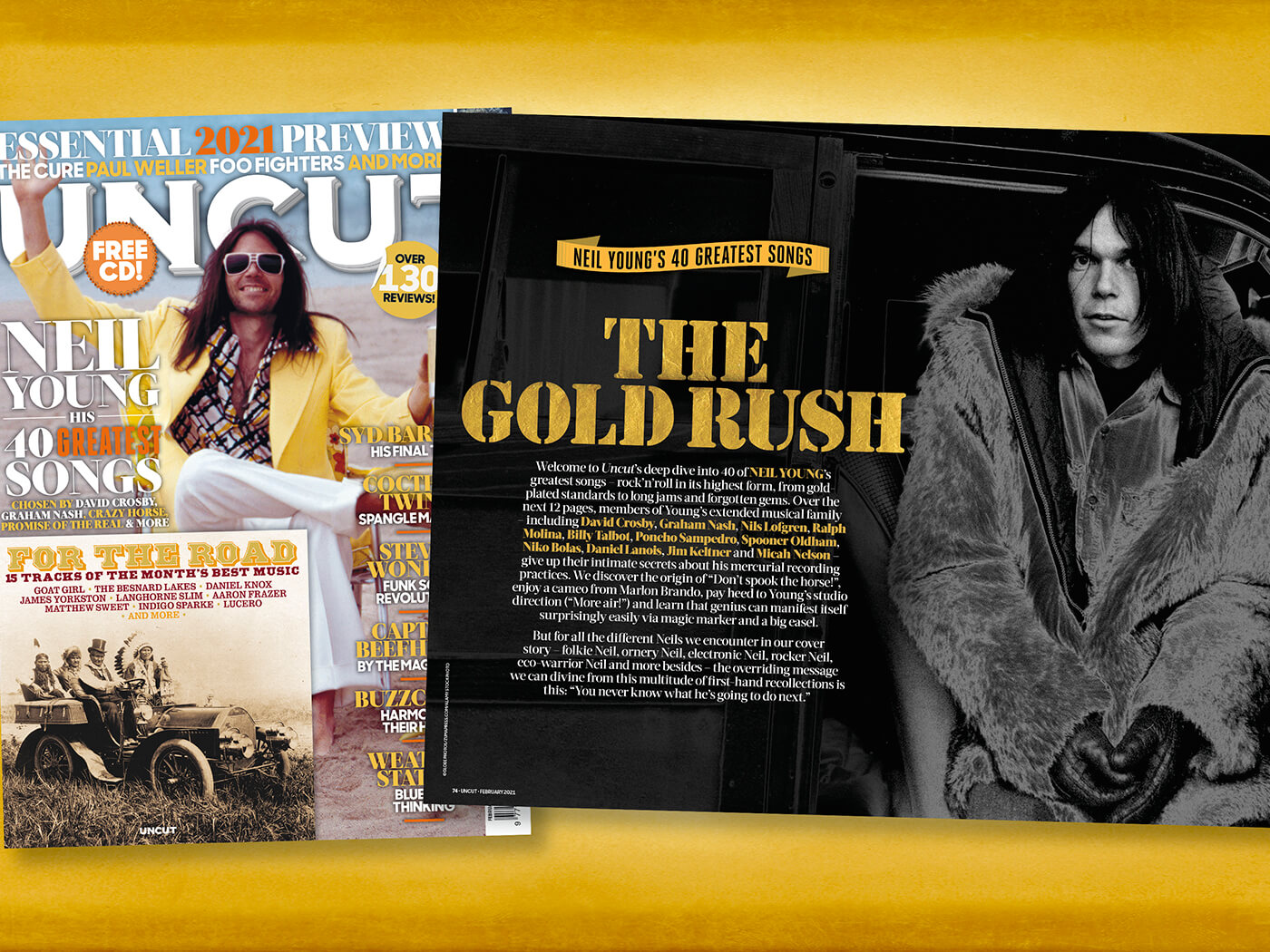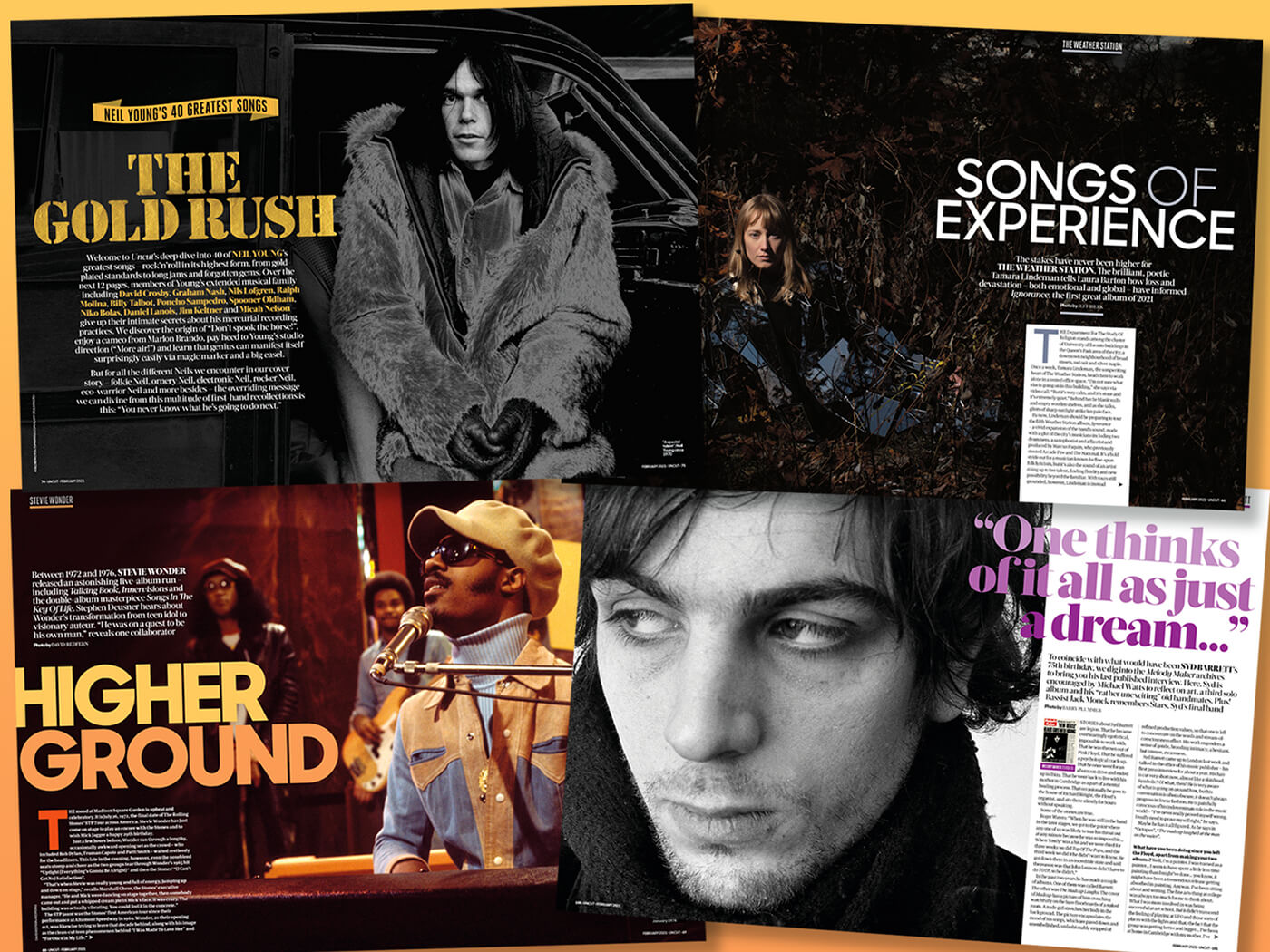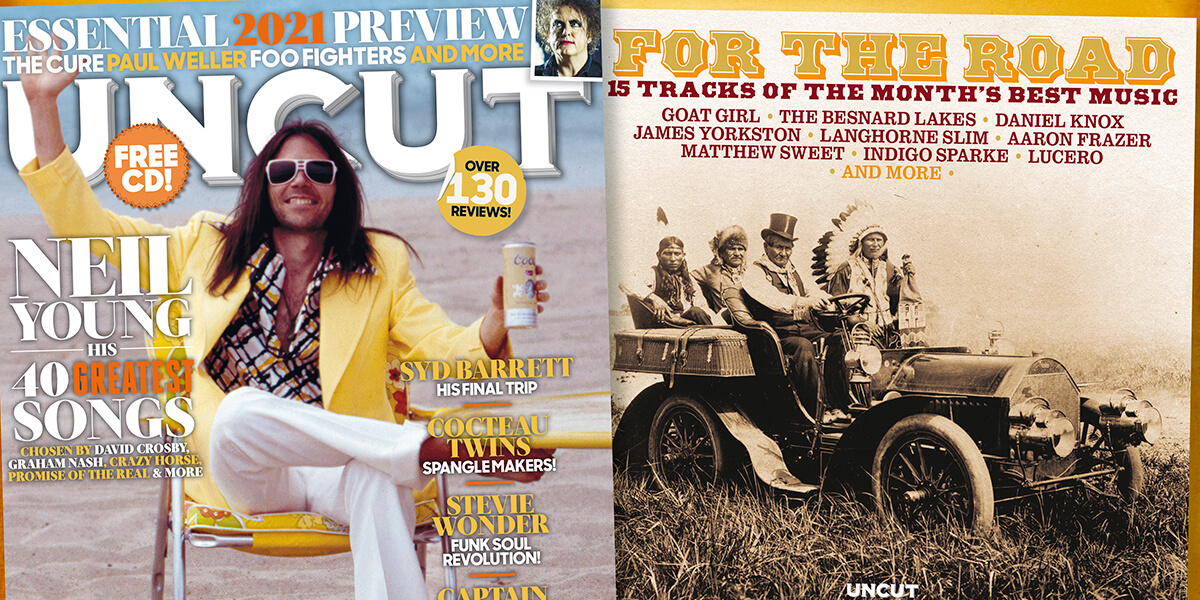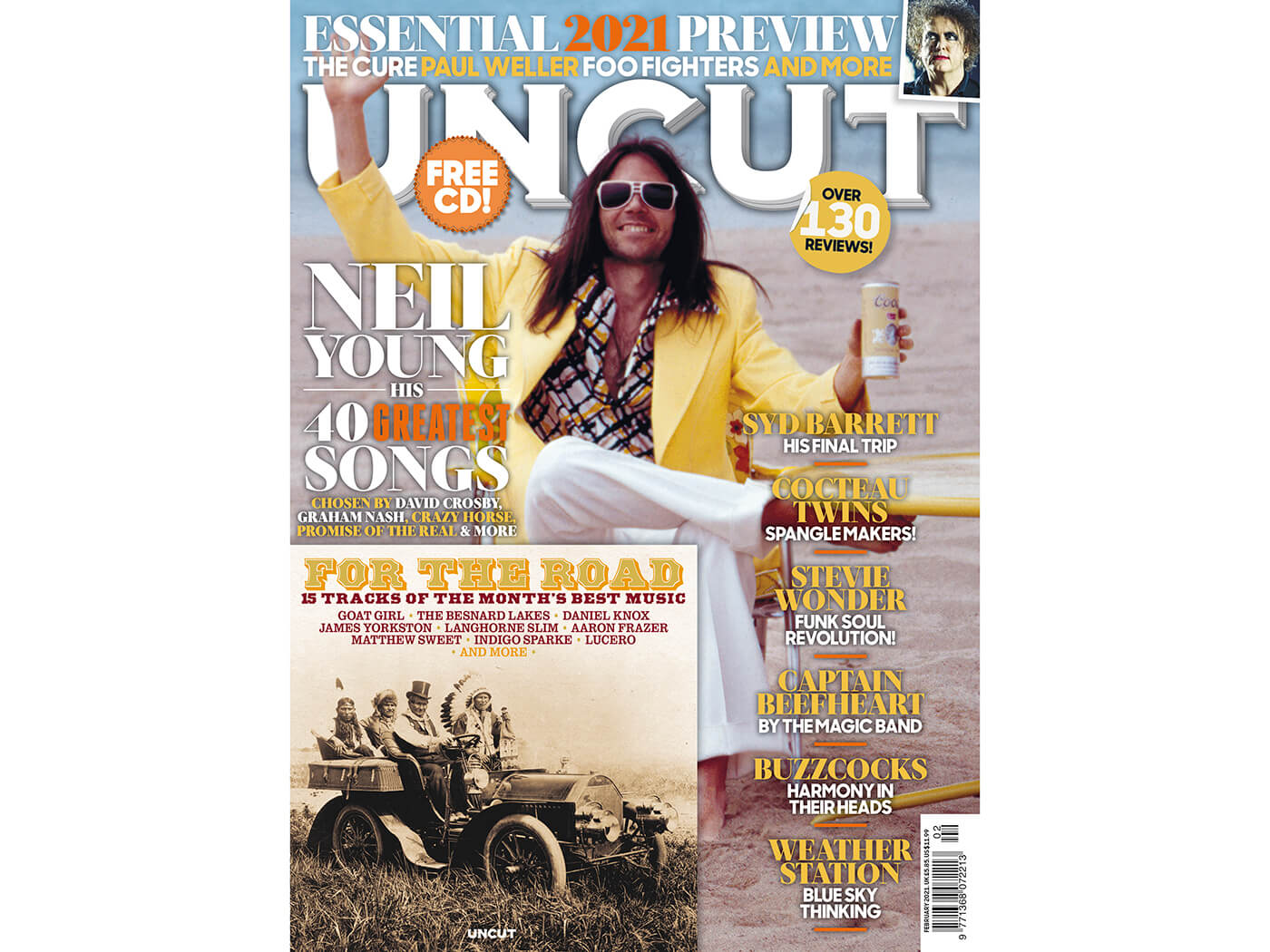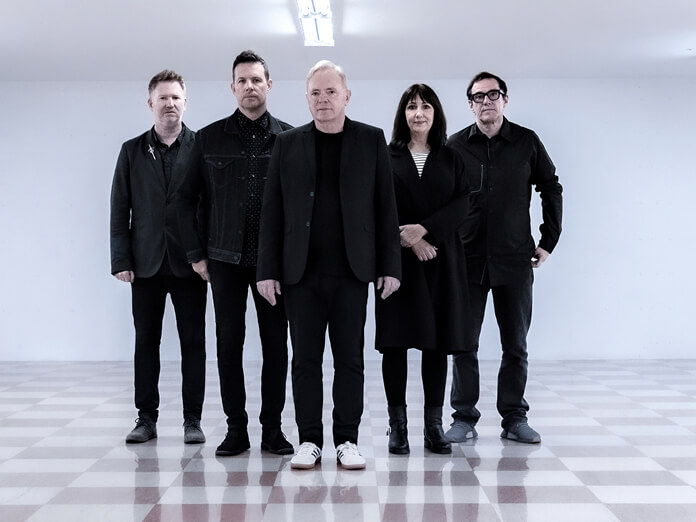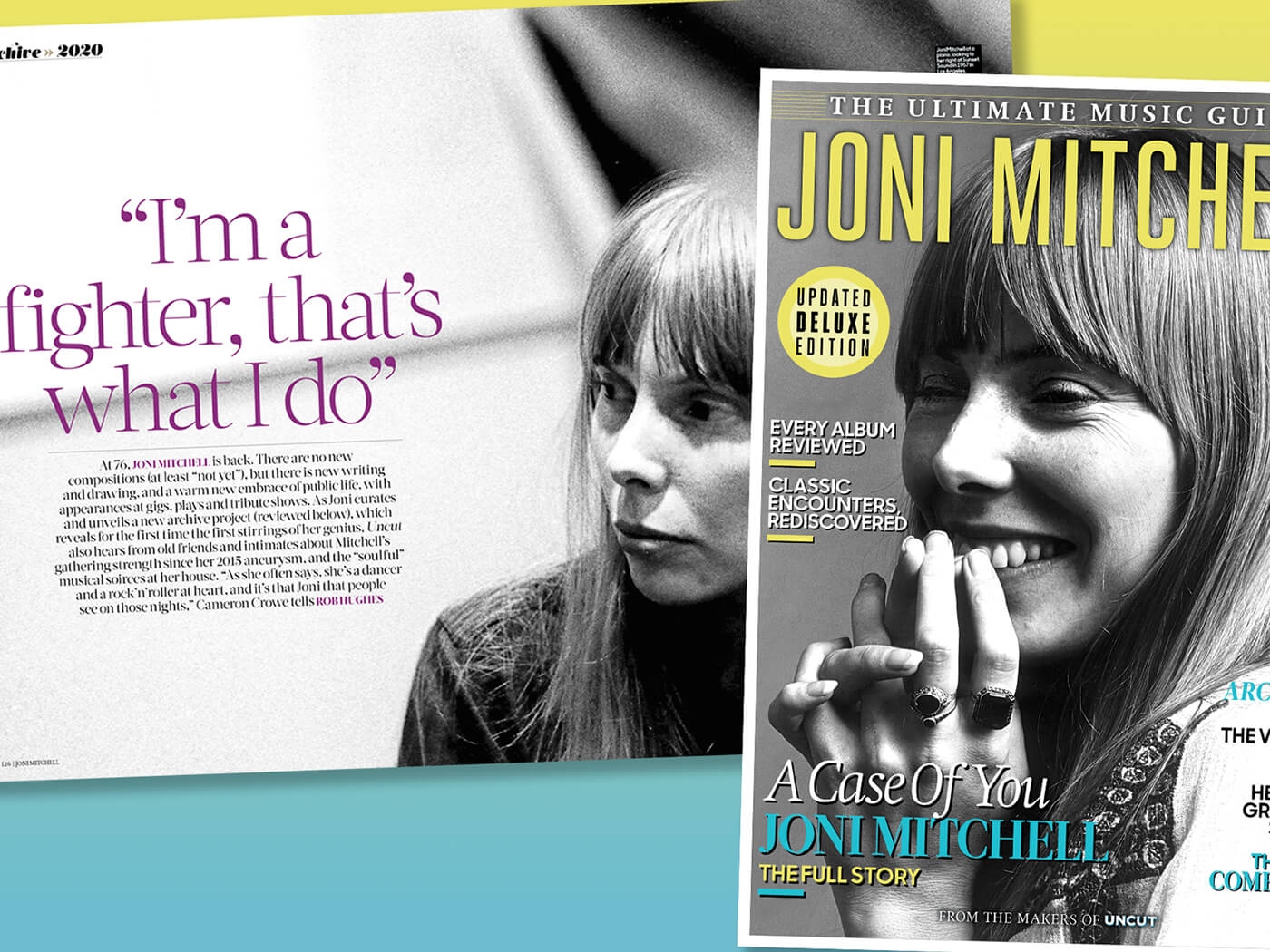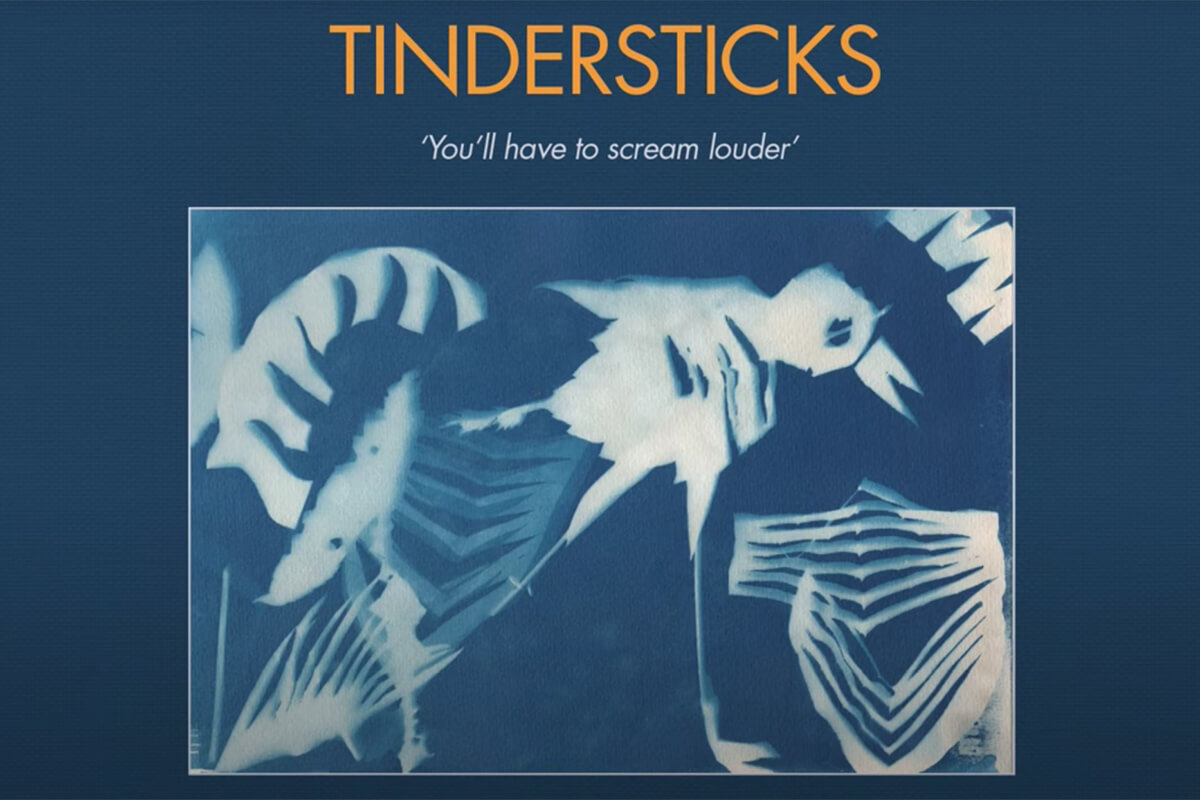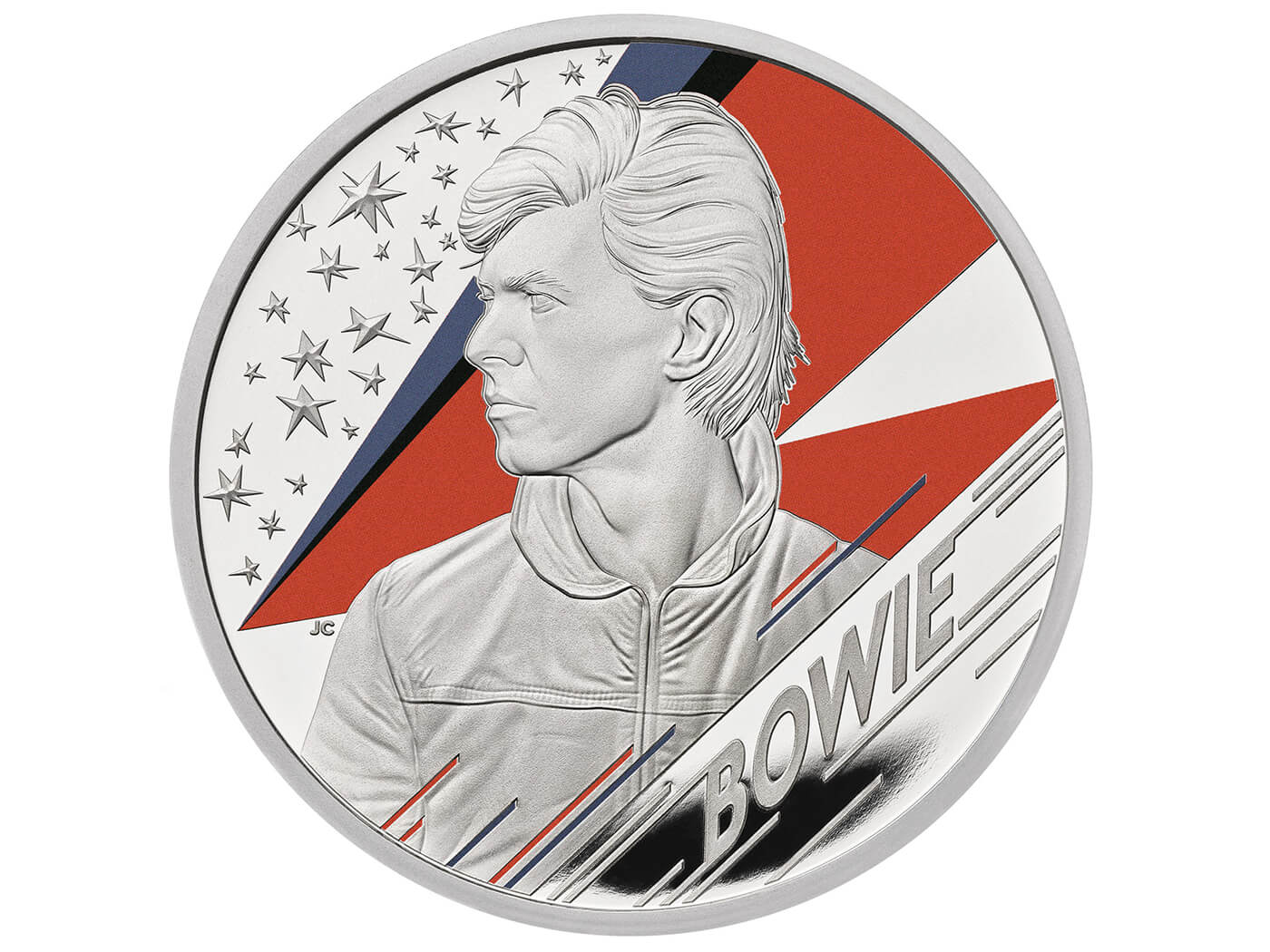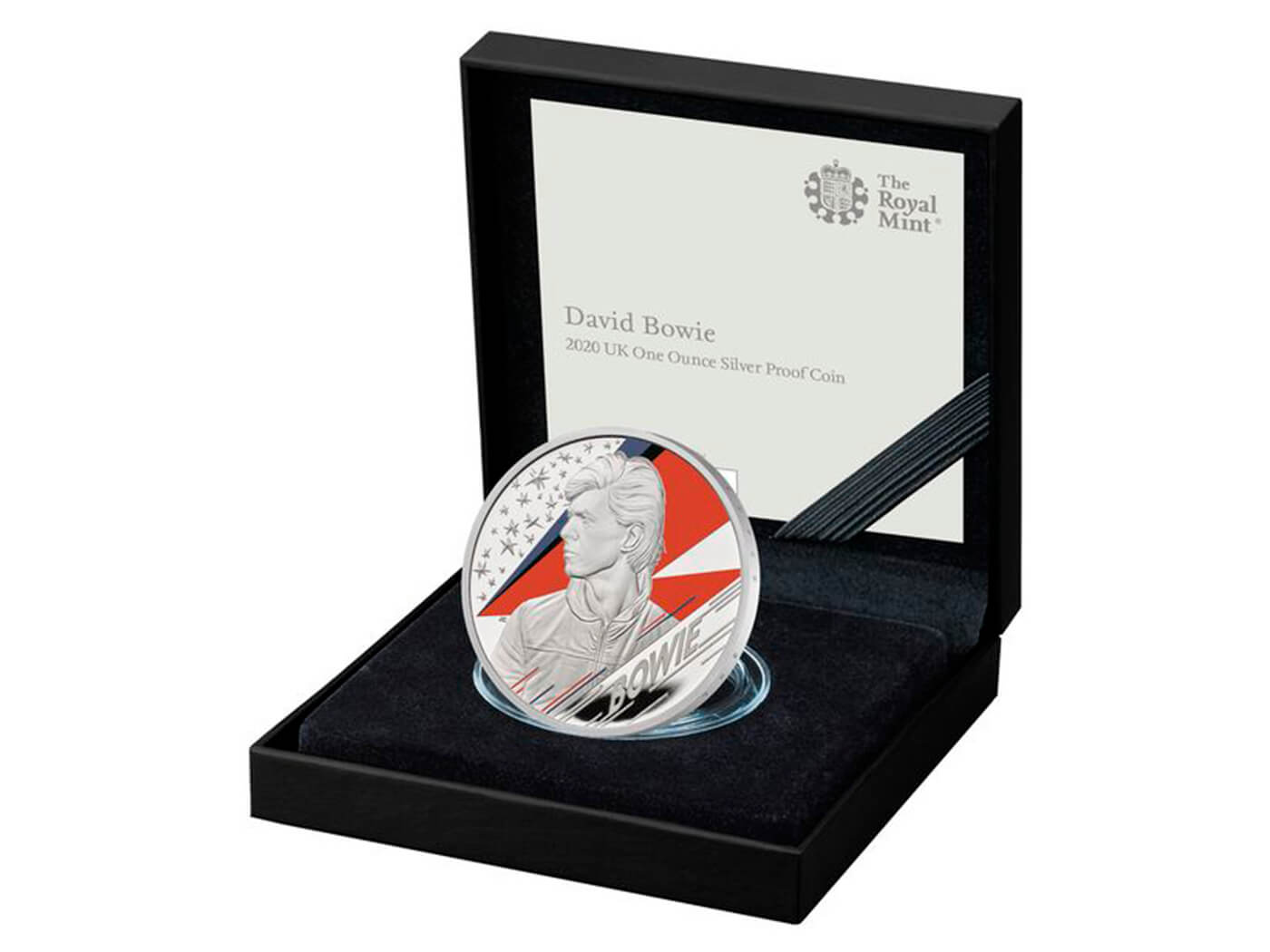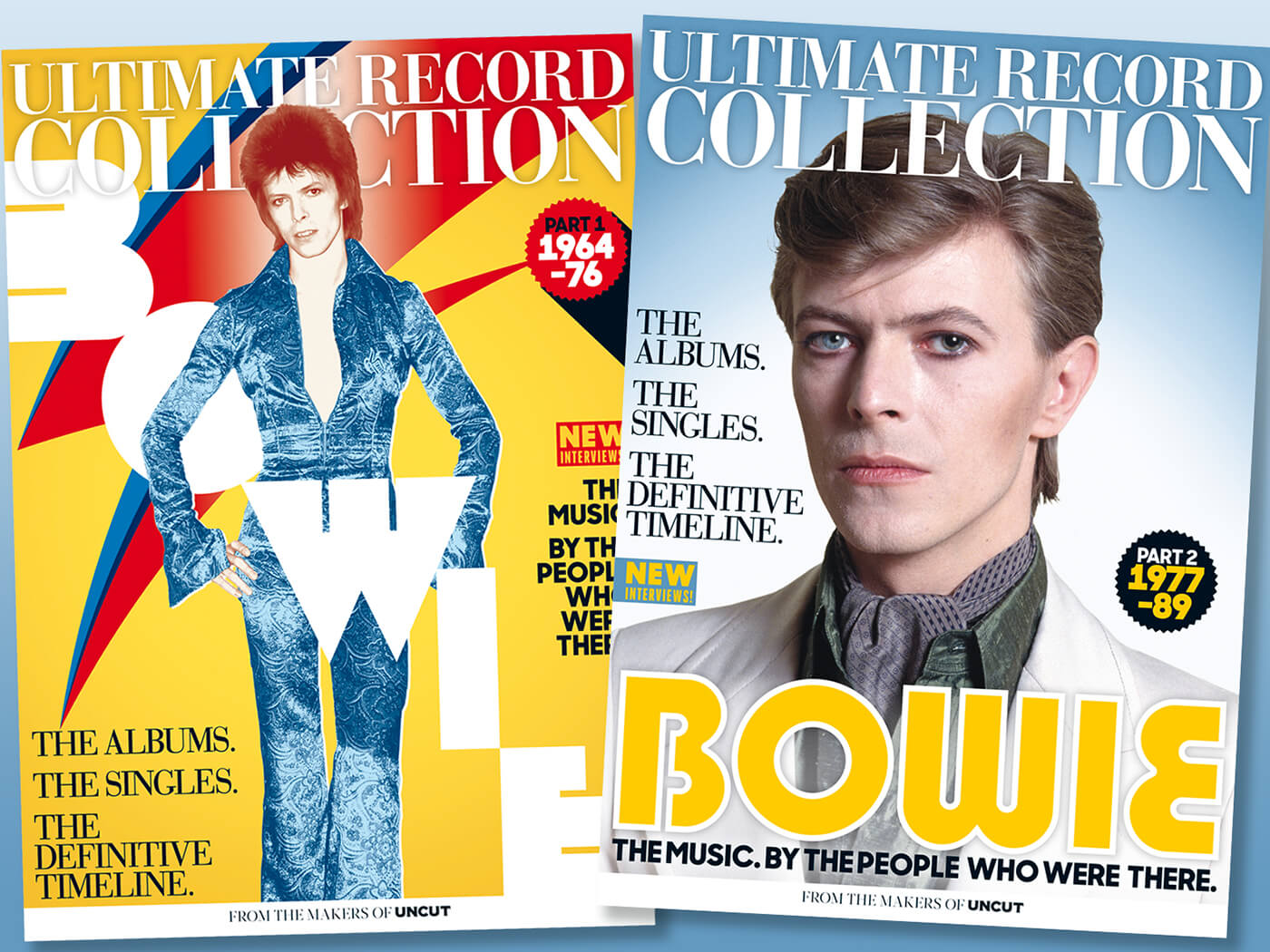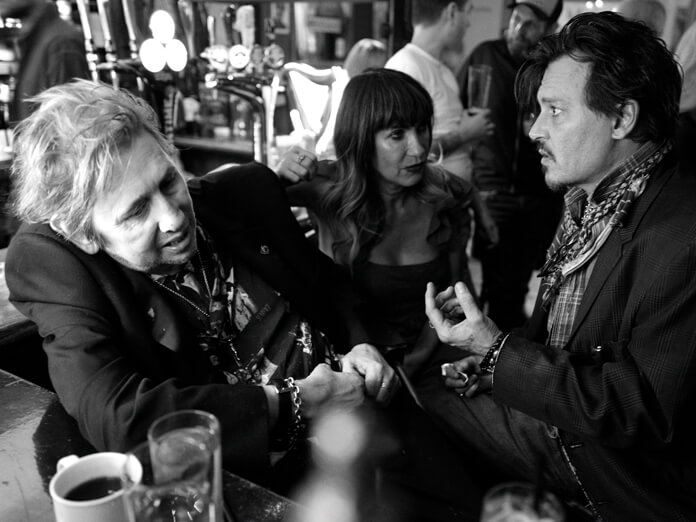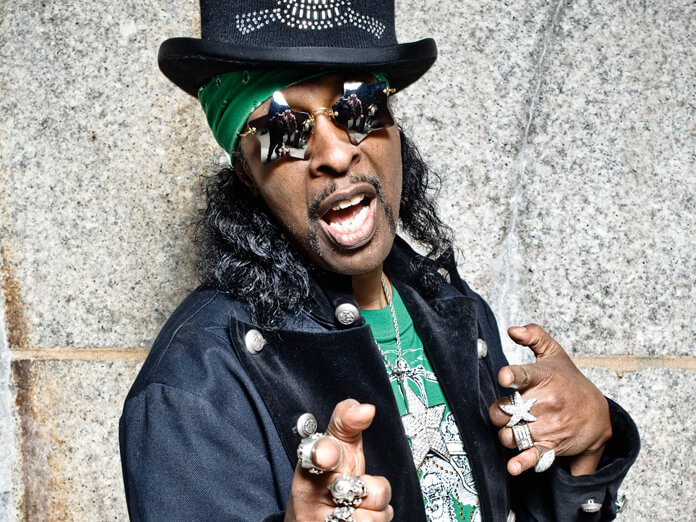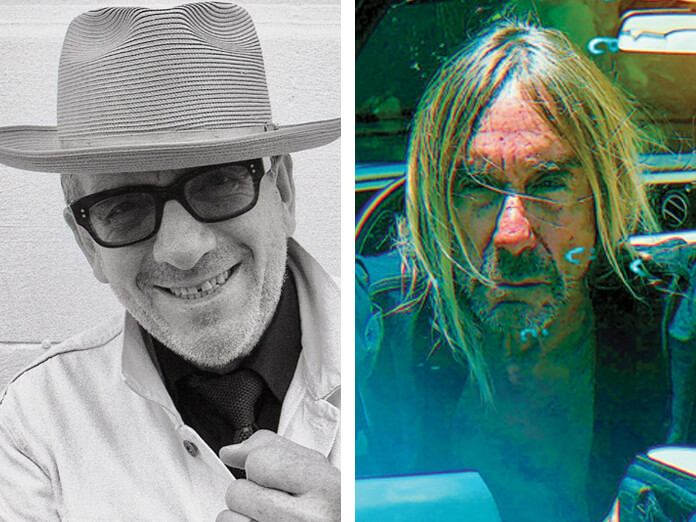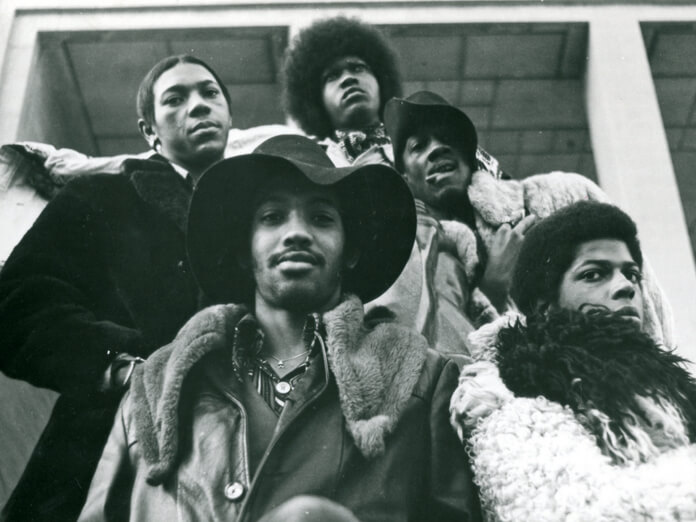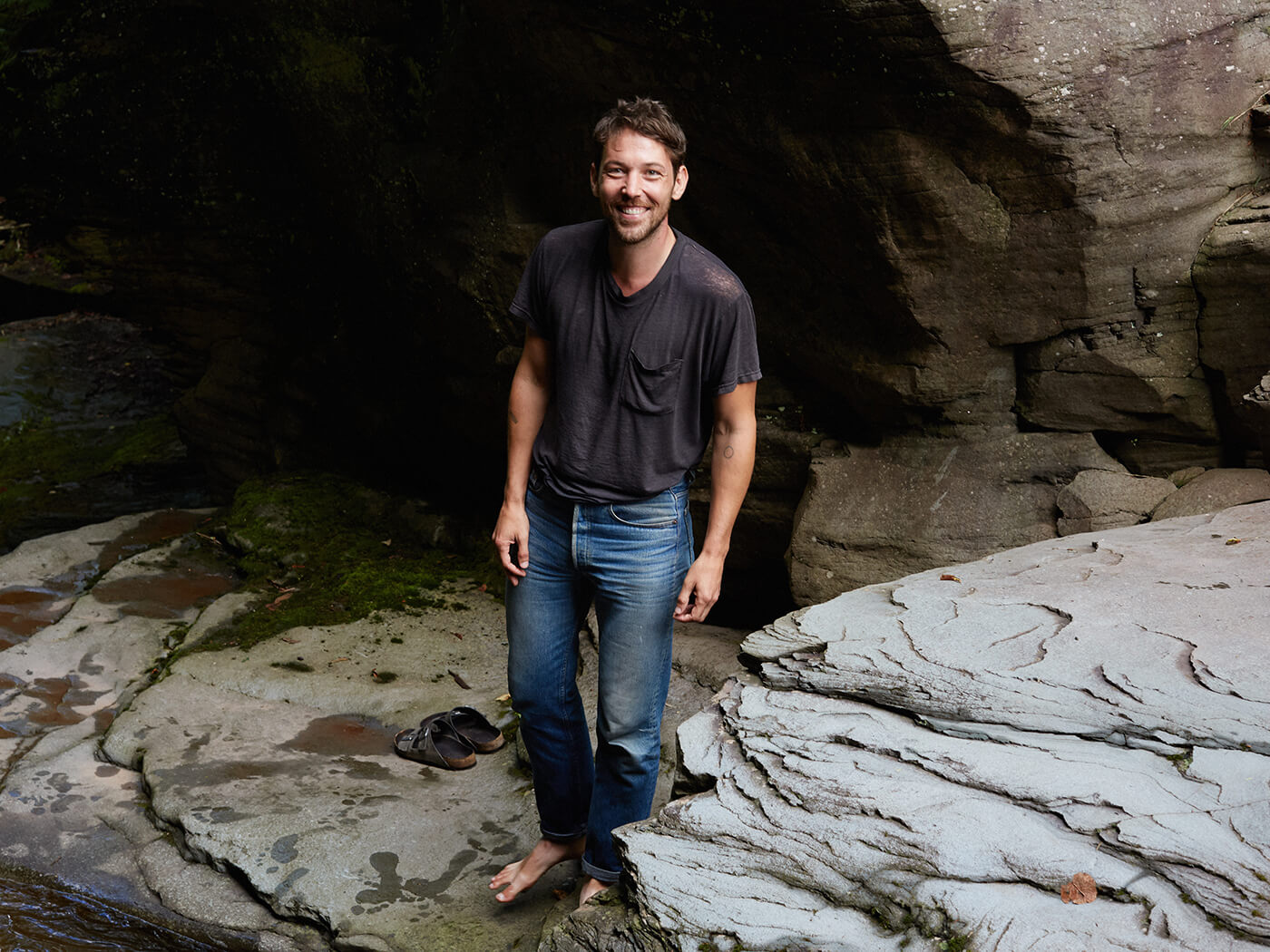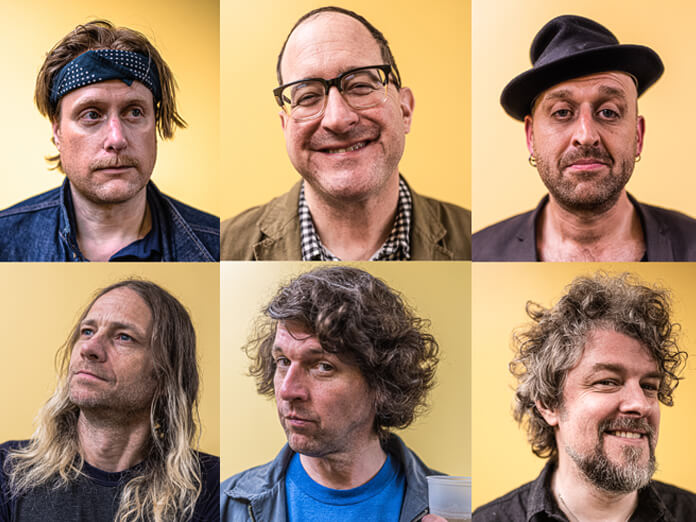The Kinks’ story wouldn’t be the ripping yarn it is without some turbulence. Or rather, a lot of turbulence. Even when compared to the other giants of the ’60s and ’70s, The Kinks arguably attracted the heaviest of weather, forever forcing them to ride out one storm after another. And few other periods competed with the dire straits that surround Lola Versus Powerman And The Moneygoround, Part One. Lawsuits, personal turmoil, mishaps, brilliant music that stubbornly failed to chart – the litany of woes was long. But with the victory they eventually extracted from defeat’s jaws, The Kinks once again proved their brand is crisis.
First released in 1970 and now presented in a 50th-anniversary deluxe box (plus three less generous but still handsome editions), The Kinks’ eighth studio album brought the band back from the brink due to hits “Lola” and “Apeman”. At the same time, the LP’s triumphant air is complicated by the fact they could’ve just as easily sent themselves tumbling over. For all the bum business deals and the Musicians’ Union ban that kept them out of the US until 1969, The Kinks’ crummy luck was sometimes compounded by a knack for self-sabotage. That’s all too clear in one of the most compelling curios among the 36 B-sides, outtakes, new mixes and alternate versions that now augment the lucky 13 on the original LP. It’s an extract from a shambolic show at Queens College in Flushing, NY, in March 1971. The chaos you hear was “typical of many Kinks gigs at the time”, Ray says in an accompanying commentary. “Disorganised, broken equipment, fighting on stage, excess, drinking.” Yet Davies can’t conceal his delight at the lusty cheers of an audience that “kept coming back for more”, a sign that The Kinks were about to begin a new era.
Indeed, what’s most striking about Lola Versus Powerman – to use the album’s shortform name and reduce confusion about the lack of a Part Two – is how it highlights The Kinks’ ability to turn chaos to their advantage. It’s also a testament to their genius that an album so full of disparate ideas and ambitions works as well as it does.
Its most beloved song encapsulates that capacity for risk. Desperate for a hit that could reverse his band’s slide, Ray Davies built “Lola” to serve that purpose, test-marketing the singalong melody on his two young kids. Yet for him to use such a can’t-miss tune for a humorous tale of gender ambiguity and sexual identity is another signal of his willingness to take the least obvious route. A few decades later, he pushed it in another unlikely direction by enlisting the Danish National Chamber Orchestra and a choir for a 2010 version included here that’s almost comically grandiose, yet still conveys the song’s generosity of spirit.
The new set’s variety of incarnations for “Apeman” – which range from a harder-rocking alternate full of Dave’s enthusiastic choogling, to an oddly zydeco-flavoured unplugged live rendition – indicate the band’s abundance of fresh musical ideas inspired by their re-engagement with US audiences. Again, there’s something perversely counter-intuitive about Ray’s decision to pair the Blue Cheer-worthy riffage in “Top Of The Pops” and the proto-Muswell Hillbillies country-rock of “Got To Be Free” with his satirical attacks on the British music business, a subject that was hardly relatable for the Yanks. Yet even the most specific carping in “Denmark Street” and “The Moneygoround” contained a more universal theme about simple folk finding themselves at the mercy of powers that don’t give a toss “if I live or I die, if I starve or I eat”, as he put it in “Get Back In Line”. Surely the punters in the Fillmore East could see their own experience in that.
Even if they couldn’t, they had to dig the energy of an album that continually transforms the rancour it contains into something more positive, even transcendent. Terrific new mixes add further sparkle and sharpness to many songs, highlighting the deft interplay between the punchier, rawer guitars of Ray and Dave – with “Top Of The Pops”, Dave’s snarling “Rats” and the B-side “The Good Life” all sounding burlier than ever – and the music-hall-style keyboard contributions by new recruit John Gosling. It’s easy to understand why Ray and Dave sound so energised and excited by the music at hand in the “kitchen sink” commentaries that provide another throughline for the set’s three CDs.
Following the gloriously messy Flushing concert excerpt, there’s one final gift at this birthday party: a re-working of the outtake “Anytime” that incorporates a newly written set of pandemic-themed lyrics (“I went to church to light a candle for humanity but the doors were locked”, intones the female narrator). It’s another risky move to try to collapse the five-decades gulf between our present troubles and the album’s original moment. But like so many of the risks taken here, it pays off in spades. It may also be a reminder that the chaos The Kinks knew all too well is just a fact of existence, one which the rest of us are usually better able to deny.
Extras: 9/10. Limited edition includes 10” with 60-page hardback book, three CDs, one LP and two 7” singles in reproductions of the Italian picture sleeve for “Lola” and the Portuguese picture sleeve for “Apeman”. Additional 7” and enamel pin badge exclusive to deluxe boxset orders.


